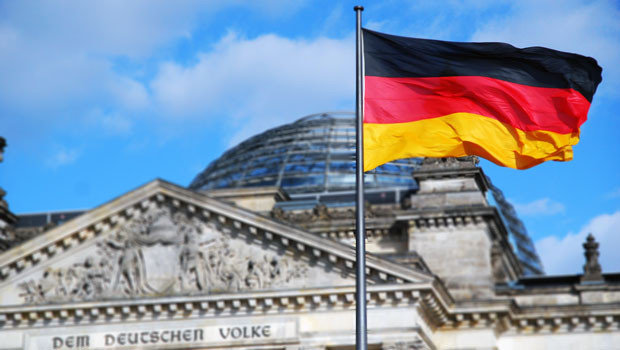German inflation stabilises in February

German inflation was unchanged last month, official data showed on Friday, with both energy and food prices remaining high.
According to Destatis, the Federal Statistics Office, annual consumer price inflation was 8.7% in February, in line with both the initial estimate and consensus, and unchanged on January.
The harmonised index of consumer prices nudged 0.1 percentage points higher to 9.3%, also in line with consensus and earlier estimates.
All European Union countries use the same methodology to calculate HICP.
Ruth Brand, Destatis president, said: "The inflation rate remains at a high level. Households felt the impact of higher food prices in February, as they increased even more than energy prices."
Energy product prices rose by 19.1% last month, although that was an improvement on January’s 23.1% surge. Food prices, meanwhile, jumped 21.8%, compared to a 20.2% hike in January.
Destatis noted: "Energy and food prices in particular have increased considerably since the war started in Ukraine and still have a substantial impact on the inflation.
"Due to the situation of war and crisis, delivery bottlenecks and rising prices at upstream stages in the economy process also have an impact on the inflation rate, which in turn leads to price increases for other goods and services."
Core inflation, which strips out the more volatile elements of energy and food, was 5.7% in February, up slightly from 5.6% in January.
Claus Vistesen, chief Eurozone economist at Pantheon Macroeconomics, said: "Inflation stabilised in February after rebounding in January due to a snap-back in energy prices and inflation, as the one-off stimulus in December expired.
"Note, however, that the increase in energy prices at the start of the year, in response to sharply higher wholesale prices for gas and electricity in 2022, was held back significantly by the government’s price cap. More generally, energy inflation is now falling due to base effects."